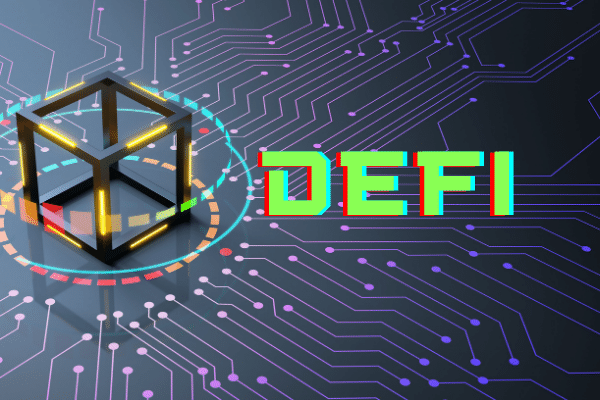Decentralized finance (defi) has the potential to be “many times more scalable than the traditional financial industry,” claims Hashkey Capital’s end-of-year report. In addition to their potential for scaling, defi protocols are robust and are likely to survive black swan occurrences like the Terra Luna/UST collapse, according to the paper.
Hashkey Capital, an end-to-end financial services provider for digital assets, acknowledged that unfavourable market conditions that predominated the year 2022 had attributed to the reduction in the value of total assets under management in the research titled Defi Ecosystem Landscape Report.
The report added that the value of the collaterals offered in Defi financing is also reduced due to decreased crypto prices (caused by generally unfavourable macro), which lessens the incentive to obtain a loan against such collaterals. Crypto trading volumes and DEX (decentralised exchange) activity also decreased.
The report’s data indicates that the TVL, which topped at $180 billion in December 2021, fell from just under $150 billion around May 2022 to just above $50 billion in late October. Despite this TVL reduction, the research claims that some Defi market segments continue to display a highly promising trajectory.
It noted that there has been a decline in the growth rate of adoption in 2022 (31%) as compared to 2021 (545%).
The year 2022 might be viewed as one of consolidation, with most projects focusing on creating and enhancing their products rather than allocating resources to marketing initiatives.
Additionally, in 2022, Defi protocols’ user interface and overall usability considerably improved to the point that it can now be confirmed that using various Defi protocols is simpler than using a home banking app.
The research claims that venture capital (VC) companies contributed a significant amount of funding to Defi protocols, investing “$14 billion into 725 crypto projects (many of those are Defi)” in the first half of 2022.



